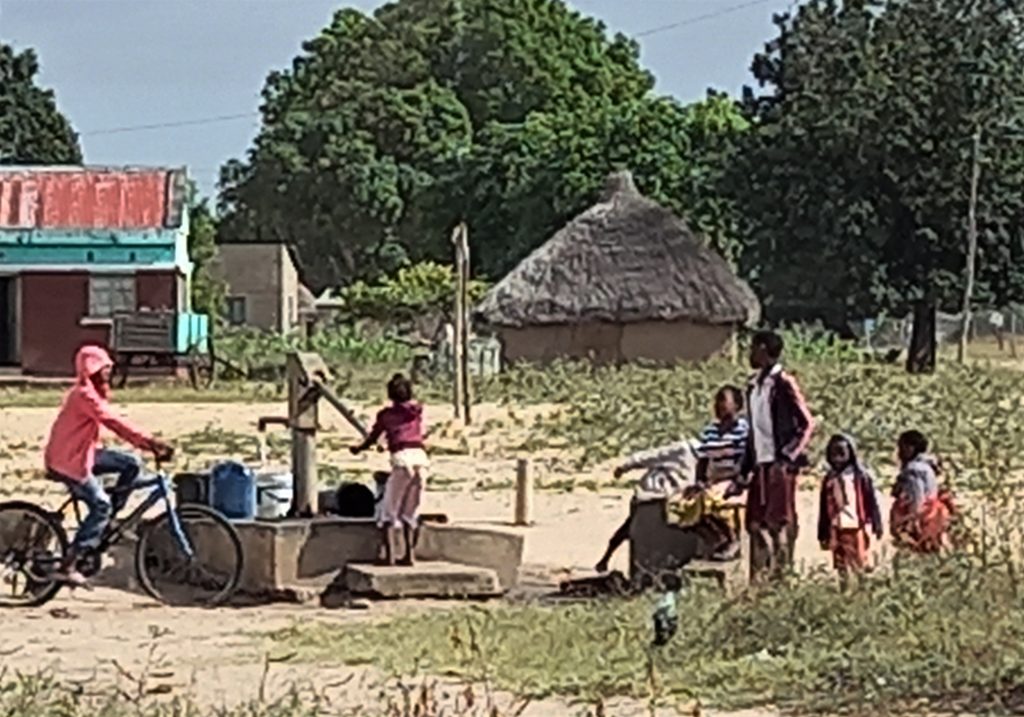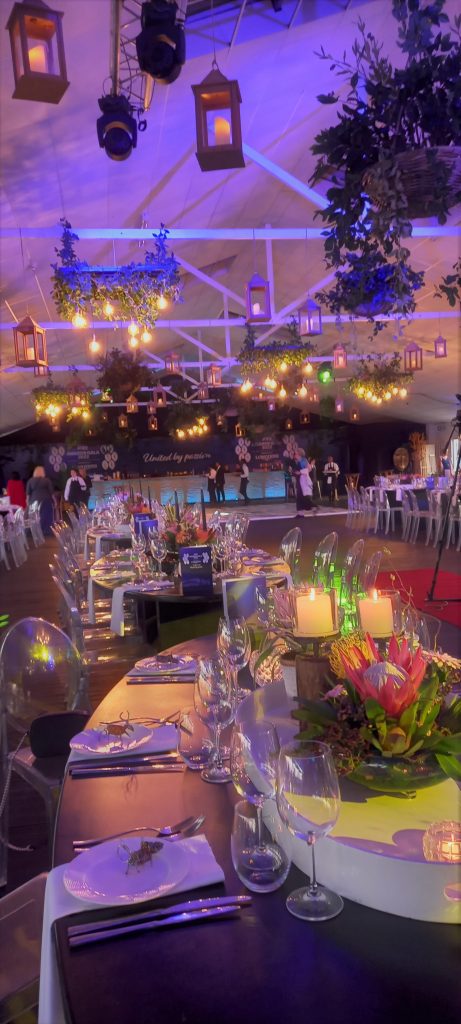Red Sky at Night, Shepherd’s Delight
21 April 2023Smack! And Over you Go!
24 July 2023My favourite book of all time is A Tale of Two Cities by Charles Dickens. The first line for starters: It was the best of times, it was the worst of times, it was the age of wisdom, it was the age of foolishness, … it was the season of Light, it was the season of Darkness, it was the spring of hope, it was the winter of despair ….

This could describe today’s world, certainly where I live in here in South Africa, but the words attract, demand that you continue reading and I find myself wanting to carry on, lose myself in the tale, for the umpteenth time.
I walk with feet in two very different worlds: one where privilege and comfort dominate, and one where desperate poverty and want leave no room for anything other than survival.
I think of two stories in the bible, both with wealthy men as protagonists. The first is of a rich young man, one version says he is a ruler, who yearned to follow Jesus. Here is his tale in Luke 18 v 18-23.
“Now a certain ruler asked Him, saying Good Teacher, what shall I do to inherit eternal life?” Jesus said to him, “Why do you call Me good? No one is good but One, that is God. You know the commandments: Do not commit adultery, Do not murder, Do not steal, Do not bear false witness, Honour your father and your mother. And he said, “All these things I have done since my youth.” So when Jesus heard these things, He said to him, “You still lack one thing. Sell all that you have and distribute to the poor and you will have treasure in heaven; and come, follow Me.” But when he heard this, he became very sorrowful, for he was very rich.” And when Jesus saw that, He became very sorrowful and said “How hard it is for those who have riches to enter the Kingdom of God.”
The second is a well-known tale, another wealthy young man who wanted to live life on his terms. Luke 15 v 11 – 32:

A certain man had two sons and the younger of them said, ‘Father, give me the portion of goods that falls to me.’ So he divided to them his livelihood.
A certain man had two sons and the younger of them said, ‘Father, give me the portion of goods that falls to me.’ So he divided to them his livelihood.
And not many days after, the younger son gathered all together, journeyed to a far country, and there wasted his possessions with prodigal living.
But when he had spent all, there arose a severe famine in that land and he began to be in want.
The story goes on until he decides to eat humble pie and go home.
‘I will arise and go to my father, and will say to him, “Father, I have sinned against heaven, and before you,
And I am no longer worthy to be called your son. Make me like one of your hired servants. And he arose and came to his father. But when he was still a great way off, his father saw him and had compassion, and ran and fell on his neck and kissed him.
The young man was fully restored to his position as the second son.
Two similar men, two tales of loss. Which, do you think, is the greater loss?
I live my life with feet in both worlds. Mostly I deal with peers, some of whom are better off than I am, but all fit the privileged bracket. At times I also work with those who have blown their inheritances, who eke out a living, home for some being the streets, others are addicted and hopeless.
In both worlds there are different viewpoints, attitudes, some have a sense of entitlement, others are lost in their loss, some make the best of whatever world they inhabit.
There is a man who walks the streets pushing a trolley, usually filled with tins. His name is Almon. Some days I see him laughing uproariously at the conversations going on in his head, other times he is solemn and walks without purpose. When he gets tired, he lies down and sleeps wherever he happens to be, on the pavement, in the park, wherever.
Many are nervous of him, he is a big strong man, but inside he is a lost child. If I have fruit or bread, sometimes I remember to buy emasi, (sour milk) I offer them to him and he always accepts my alms with a smile: “Thank you, mum, God bless you, mum,” he bobs at me.
I got stranded in Botswana during one of the Covid lockdowns, and when Almon saw me after my return, he pumped his fist into the air and with a huge cheesy grin, shouted, “Long time, long time.” Almost the best welcome home I had!
It intrigues me: How does this man, rejected by all, alone on the byways and highways in his dementia, know to say thank you, and so many of those who have been well educated and taught the etiquette of polite society think whatever they want is their due and no thanks are necessary?
Where am I going with this?
I think it is the dichotomy of these two ends of the spectrum, the haves and I want more, and the have-nots and I need whatever scrap you can throw at me, that increasingly concerns me. When is enough enough, when does my way become the right way even if I don’t get what I want, when do we stand up and say enough to the poverty and despair of a vast majority of this continent?
I find myself increasingly wanting less to do with the atavism of the privileged and drawn more to the plight of the poor, needing to be part of a solution, rather than enabling more of the divide between rich and poor, because there, but for the grace of God, go I.
Where does this put me?
At the foot of the cross of Christ, I guess, crying out to Him for a way forward, for wisdom, for grace to do His will, and to be gracious to those who don’t understand how lost they are.
Lord, in Your mercy!
